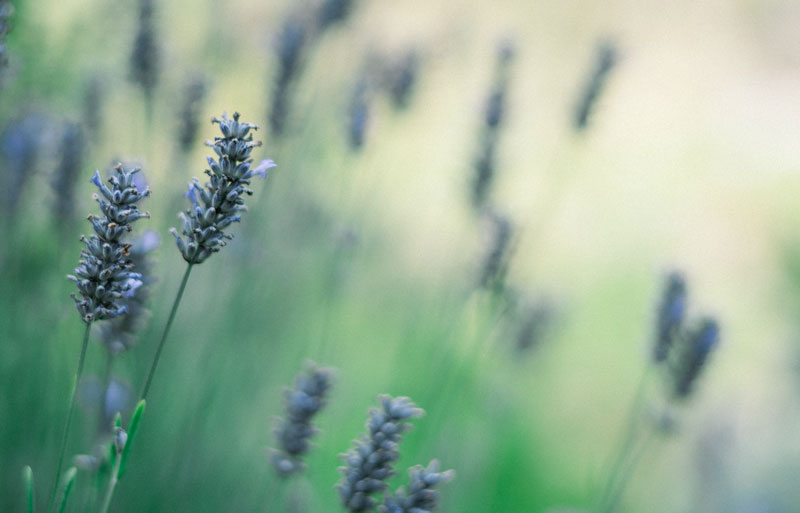Biodiversity
Biodiversity refers to a wide variety of flora (all kinds of plants) and fauna (a range of creatures) supporting and being supported by each other. Each needs the other in different ways.
Feed Soil
Successful gardening begins with the soil —it is the engine of the garden. When we feed the soil, the plants will thrive. So, feed the soil, not the plants.
Use Native Plants
Plants native to your area are well adapted the soil and climate there, and to the local fauna (birds, beneficial insects, small mammals). These interact naturally for a healthy ecosystem.
Plant Pollinator Gardens
About 75% of flowering plants depend on pollinators. Your garden can provide a home for pollinators like hummingbirds, butterflies, moths, bees, flies and beetles. Native plants provide the nectar, pollen, larval food and shelter local pollinators need to survive.
Create Habitat for Widlife
Habitat consists of natural ecological features that provide food and shelter for local and migratory birds, insects, amphibians and small mammals; each is unique and requires different types of habitat — trees, shrubs, flowering plants, grasses and decaying natural structures.


Conservation and Environment
The OHA is committed to protecting the natural environment and promoting sound conservation practices for both flora and fauna, especially if under threat. This objective is realized through our support for like-minded organizations, and the work of our member garden clubs and horticultural societies.
In our own small patch, we can do much to help maintain a natural balance in the ecosystems around us. We can work with nature and thus garden intelligently, for example:
Use a variety of plants
Include regionally native plants
Add/preserve wildlife habitat
Use earth-friendly gardening practices
Reduce pesticide use
Conserve water
More Information
Bugs
Pest Control (also addresses beneficial insects)
Garden Insect Primer (responsible land and natural resources stewardship)
